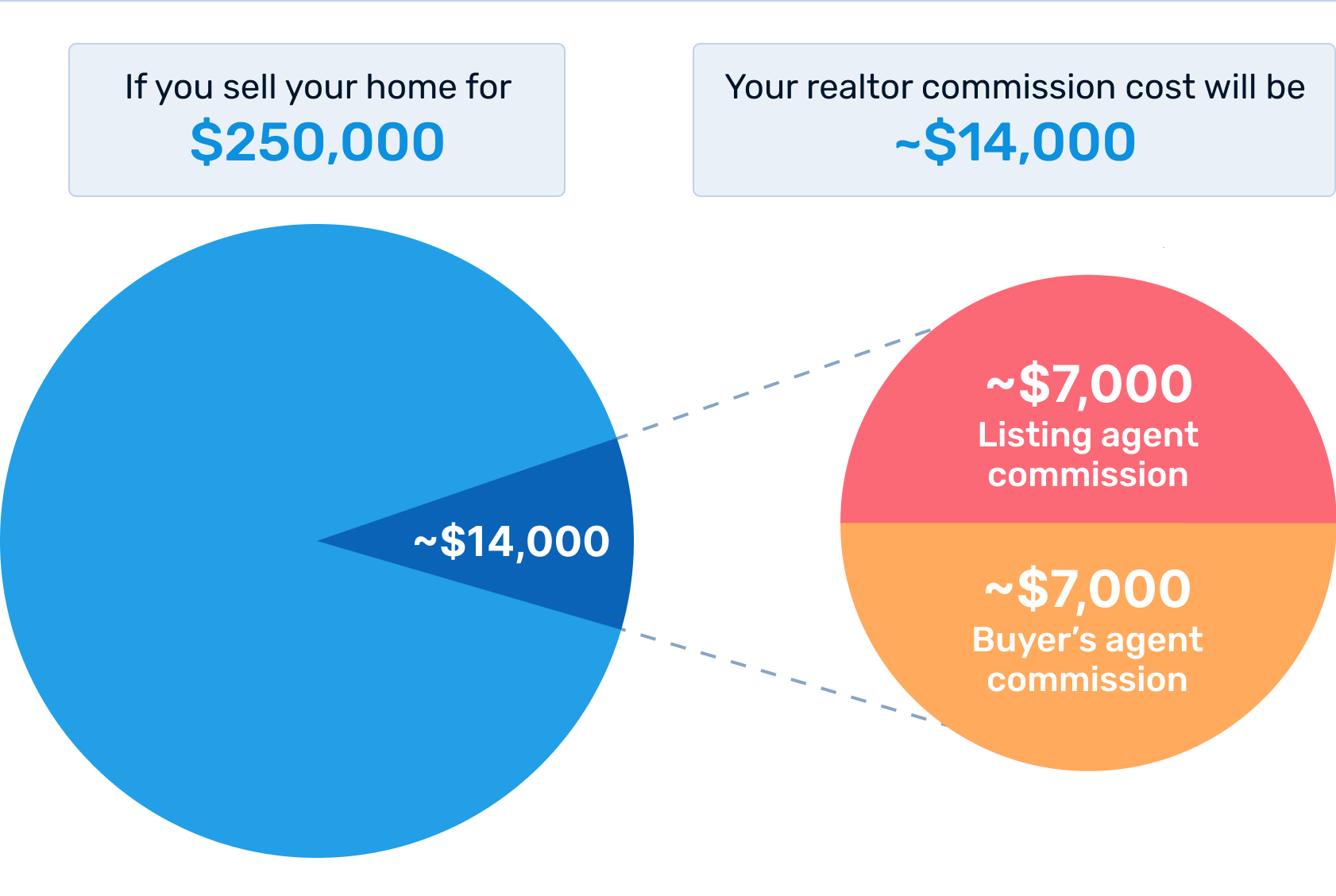
It is important to learn about the company before buying a REIT. You should learn about the company's past and how it compares with other companies. This will allow you to assess whether it will yield good dividends. You should also know about the risks of buying REITs.
Tip to Buy REITs
Before you decide to invest in REITs, make sure you consider the company's quality and earnings. The earnings of the company include the funds it earns from the operation and any cash that is available for dividends. Be sure to look into the fees involved in the investment. Another important factor to consider is the REIT's diversification. Some REITs have a high level of investment in certain types of properties, which can increase the chance of a loss. Diversifying your portfolio and investing in more than one REIT can help reduce risk.
A brokerage account is one of the best ways you can invest in REITs. This is a quick and easy way to trade and buy publicly traded REITs. Many of these investments offer high dividends. Some REITs offer the possibility of holding your funds in a tax preferred account. This allows you to avoid paying taxes on distributions.
Dividends subject to taxes
Investors should be aware that dividends are subject to taxes when purchasing REITs. REIT dividends can include capital gains. This occurs when the REIT sells an asset. The amount of tax due depends on whether or not the investor is eligible for special tax concessions. If he or she doesn't qualify for special tax concessions, the dividend will be taxed at the investor's marginal tax rate.

Investors can avoid taxes by buying REITs that do not require close ownership. Avoid REITs without a five year dividend history. REITs are generally not allowed to be held by more then 50% of individuals. The Tax Cuts and Jobs Act of 2017 provides a 20% deduction on pass-through income.
Liquidity
Liquidity is an important consideration for REITs. It can help them resist unexpected changes to the asset's value. REITs may also be able to increase their worth by distributing some of their earnings towards their investors. During the recent downturn, REITs have taken advantage of lower interest rates to increase their cash balances and improve their liquidity. REITs cannot be considered safe investments as volatility is part and parcel of the business.
Additionally, REITs provide liquidity for investors as shares can be bought and sold on the stock exchange. Investors have access to liquidity that can be used to access cash and change their investment strategies. Investors may also find REITs appealing because real estate is an uncorrelated asset class.
There are potential risks when you invest in REITs
While REITs can provide steady income in the form dividends, investors must remember that REITs do not offer risk-free investment options. Reit investments can drop in value because they are traded as stocks. Although they are relatively safe investments, they must compete with other high-yield investment options, which could cause REIT stock prices to decline.
Another important risk is the interest rate risk. Rising interest rate risk will affect REIT cash flows by increasing the cost of borrowing. These risks are mitigated by the solid balance sheets that REITs often have. The managers of these companies try to maintain a healthy level of leverage, so investors should pay close attention to this factor.

When to Buy
You should consider your financial situation and goals before making a decision to invest into REITs. In addition, you need to understand the tax consequences of investing in REITs. REITs are not the best investment option for those who want to maximize their tax advantage because they generate most of their income through dividend income.
Uncertainty surrounding master lease expirations is a major problem facing REITs. This uncertainty drives many investors to sell. As a result, their fundamentals have taken a hit. Despite the uncertainty many investors fail to realize the fact short-term issues don't have much impact on the long-term prospects.
FAQ
What is a reverse loan?
A reverse mortgage lets you borrow money directly from your home. This reverse mortgage allows you to take out funds from your home's equity and still live there. There are two types to choose from: government-insured or conventional. Conventional reverse mortgages require you to repay the loan amount plus an origination charge. FHA insurance covers your repayments.
How can I get rid Termites & Other Pests?
Your home will be destroyed by termites and other pests over time. They can cause serious damage and destruction to wood structures, like furniture or decks. You can prevent this by hiring a professional pest control company that will inspect your home on a regular basis.
What should you look for in an agent who is a mortgage lender?
A mortgage broker is someone who helps people who are not eligible for traditional loans. They compare deals from different lenders in order to find the best deal for their clients. Some brokers charge a fee for this service. Other brokers offer no-cost services.
How can I tell if my house has value?
You may have an asking price too low because your home was not priced correctly. Your asking price should be well below the market value to ensure that there is enough interest in your property. You can use our free Home Value Report to learn more about the current market conditions.
What are some of the disadvantages of a fixed mortgage rate?
Fixed-rate loans are more expensive than adjustable-rate mortgages because they have higher initial costs. Also, if you decide to sell your home before the end of the term, you may face a steep loss due to the difference between the sale price and the outstanding balance.
Is it better for me to rent or buy?
Renting is usually cheaper than buying a house. However, renting is usually cheaper than purchasing a home. There are many benefits to buying a home. You will have greater control of your living arrangements.
How do you calculate your interest rate?
Market conditions affect the rate of interest. The average interest rate over the past week was 4.39%. The interest rate is calculated by multiplying the amount of time you are financing with the interest rate. Example: You finance $200,000 in 20 years, at 5% per month, and your interest rate is 0.05 x 20.1%. This equals ten bases points.
Statistics
- When it came to buying a home in 2015, experts predicted that mortgage rates would surpass five percent, yet interest rates remained below four percent. (fortunebuilders.com)
- Over the past year, mortgage rates have hovered between 3.9 and 4.5 percent—a less significant increase. (fortunebuilders.com)
- This seems to be a more popular trend as the U.S. Census Bureau reports the homeownership rate was around 65% last year. (fortunebuilders.com)
- This means that all of your housing-related expenses each month do not exceed 43% of your monthly income. (fortunebuilders.com)
- It's possible to get approved for an FHA loan with a credit score as low as 580 and a down payment of 3.5% or a credit score as low as 500 and a 10% down payment.5 Specialty mortgage loans are loans that don't fit into the conventional or FHA loan categories. (investopedia.com)
External Links
How To
How to Locate Houses for Rent
For people looking to move, finding houses to rent is a common task. But finding the right house can take some time. There are many factors that can influence your decision-making process in choosing a home. These factors include price, location, size, number, amenities, and so forth.
It is important to start searching for properties early in order to get the best deal. You should also consider asking friends, family members, landlords, real estate agents, and property managers for recommendations. You'll be able to select from many options.